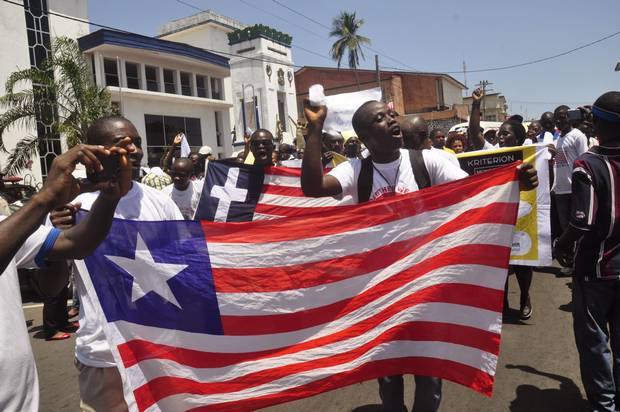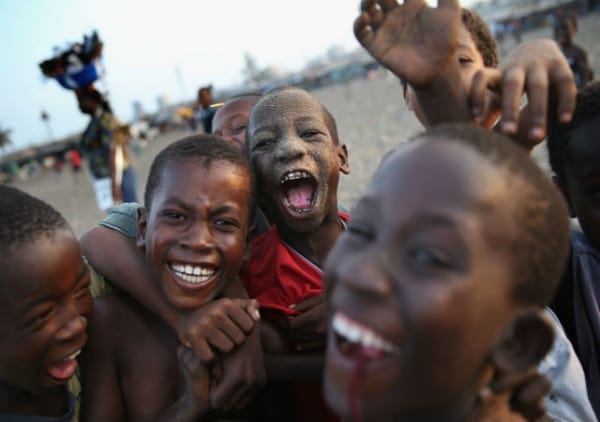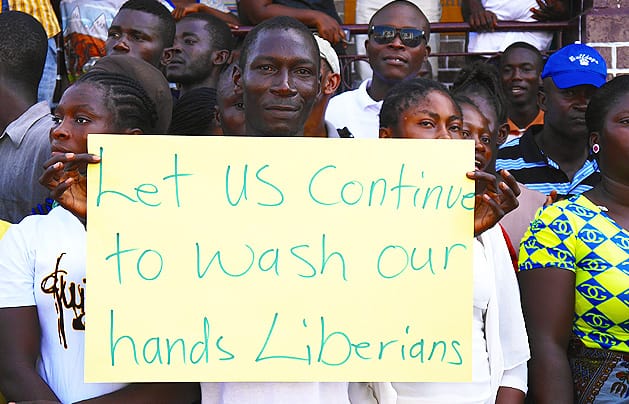UPDATED 1/15/16, 7:00 A.M. EST: Just hours after the World Health Organization (WHO) declared the West African outbreak of Ebola over Thursday, a man was confirmed to have died of the deadly virus in Sierra Leone, according to authorities.
After traveling from Kambia to the Tonkolili district, the unidentified man died of Ebola earlier this week, according to Ebola test center spokesman Sidi Yahya Tunis.
And while previously Ebola-affected nations Guinea and Liberia are still said to be in the clear, health officials in Sierra Leone’s capital of Freetown are said to be desperately searching for those who encountered the infected man before his death.
Sierra Leone was declared Ebola-free on November 7.
To its credit, the WHO has consistently warned that “more flare-ups” were anticipated for the region.
______________________________________________________________

After 42 days, the World Health Organization (WHO) has declared the Ebola epidemic in Liberia to finally be over, effectively ending Ebola transmission in the region, reports BBC.
SEE ALSO: Ghana’s Skate Soccer Offers Hope, Worth for Polio Survivors
Keep Up With Face2Face Africa On Facebook!
In addition to the once-Ebola-stricken countries of Guinea and Sierra Leone, Liberia has now reached the significant benchmark of at least two 21-day periods of no new human-to-human transmissions of the disease.
WHO Chief Margaret Chan declared in a statement, “All known chains of transmission have been stopped in West Africa….
“So much was needed and so much was accomplished by national authorities, heroic health workers, civil society, local and international organizations, and generous partners.”
There are currently more than 17,000 Ebola survivors living in the aforementioned nations, and now they face the task of rebuilding their lives alongside their countries.
Before the Ebola epidemic started in Liberia in December 2013, for example, Sierra Leone held the distinction of being one of the fastest-growing economies in the world, with its double-digit growth.
Its story is dramatically different now post-Ebola: Sierra Leone is now battling a deep recession.
And while Liberia, Sierra Leone, and Guinea deserve to celebrate their region’s post-Ebola success, the WHO continues to warn that there “remains [a] high risk of additional small outbreaks” and “more flare-ups.”
Case in point, the end of active transmission has been declared over twice in Liberia.
The WHO said, “Evidence shows that the virus disappears relatively quickly from survivors but can remain in the semen of a small number of male survivors for as long as one year, and in rare instances, be transmitted to intimate partners.”
Dr. Chan added, “By the end of this year, we expect that all survivors will have cleared the virus from their bodies.”
RELATED: Guinea Declared Ebola-Free!













